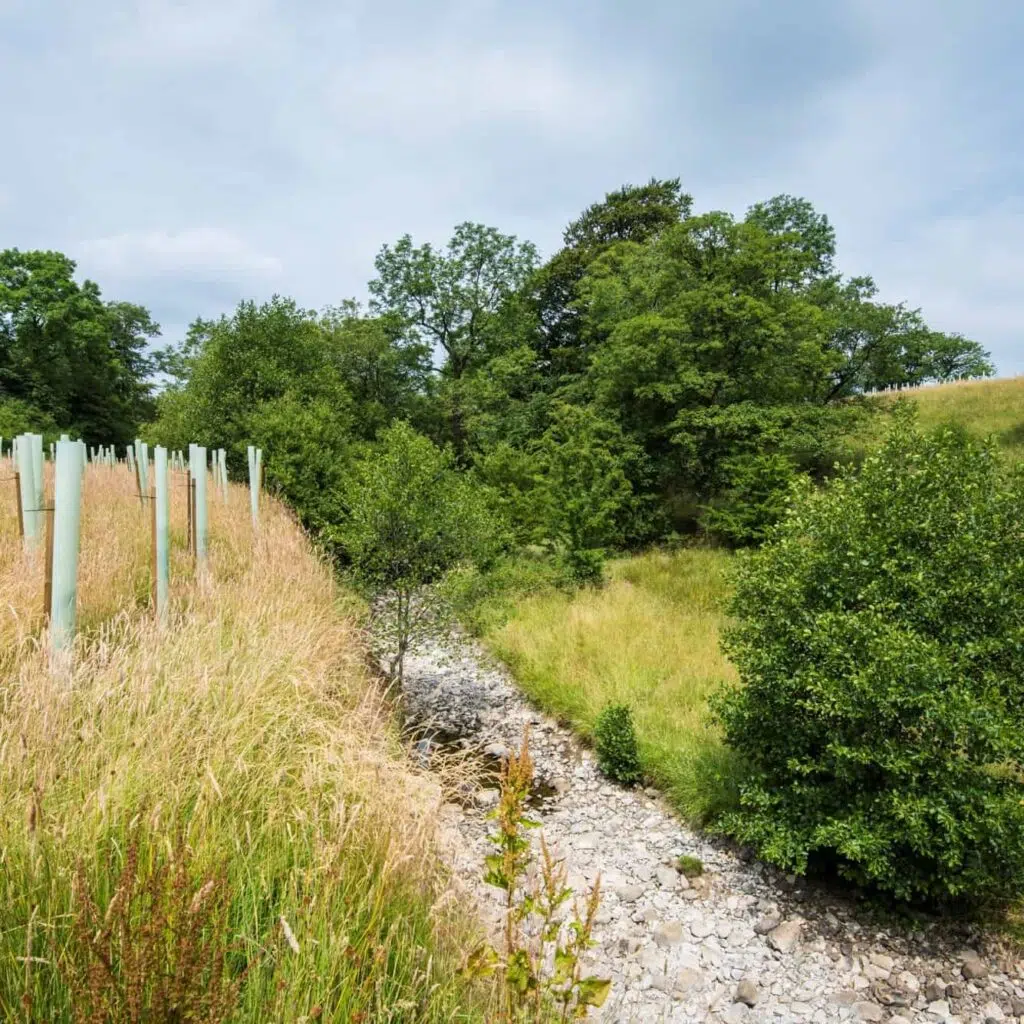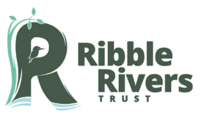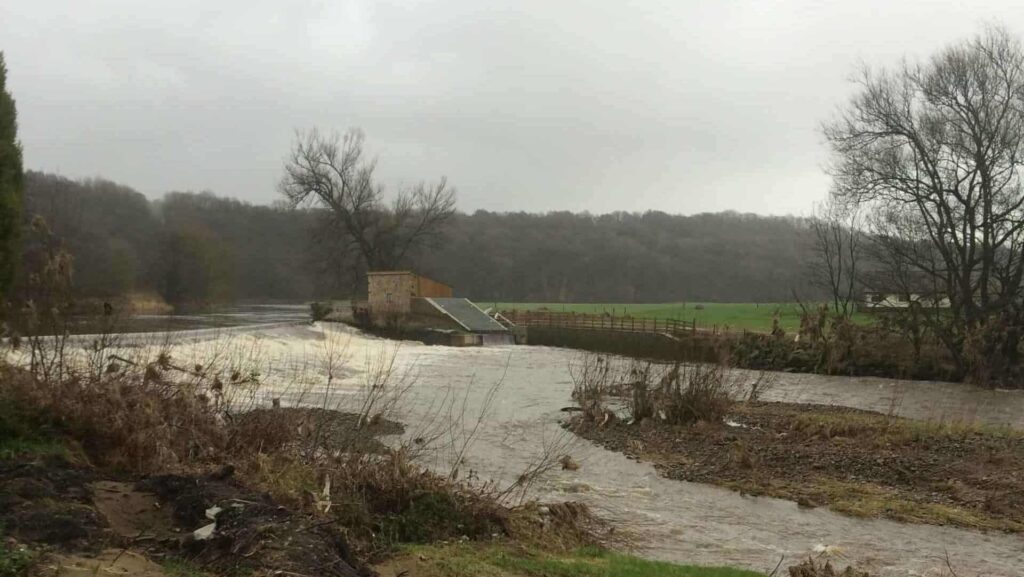A long-standing member of our Loud Facilitation Group who farms in Chipping has been recording and monitoring rainfall on her land for decades and her results are in for February… in total the farm was deluged by 333.2mm of rainfall in just one month!
This is a record for February, and the 4th wettest month since records here began in September 1968.
Looking back to February 2018 we were hit by the Beast from the East with freezing temperatures and snowfall, in February 2019 we had record breaking high temperatures, and in February 2020 we have record levels of rainfall as well as flooding which has disrupted lives across the country.
These extreme weather events are causing problems for people, wildlife, and the environment, and is a clear indication of the problems we are already facing because of the climate crisis.

These trees will be planted in priority areas to maximise their benefits. Each woodland location will be carefully plotted and researched to make sure that trees are needed, will improve the existing habitat, reduce flood risk, and benefit wildlife and people. Another huge benefit provided will be the 100,000 tonnes of carbon (the main contributor to climate change) that will be captured and removed from the atmosphere.
As well as a reducing flood risk and capturing carbon there will be improvements in air quality and water quality, and a greater availability of natural recreational areas which will lead to an increase in physical activity levels and help to improve the physical and mental well-being of communities.
Of course, nature will also benefit from the work achieved through Lancashire Woodland Connect with improvements to existing woodlands, more diverse and better-connected habitats for wildlife, and an increased ability for our rivers, streams, and woodlands to adapt to climate change to through better habitat and more shade.
This campaign will rely on our communities- including councils, businesses, and the public- pulling together, taking action, and raising money. If you would like to find out how you can help with our work click here or to donate please click here.


